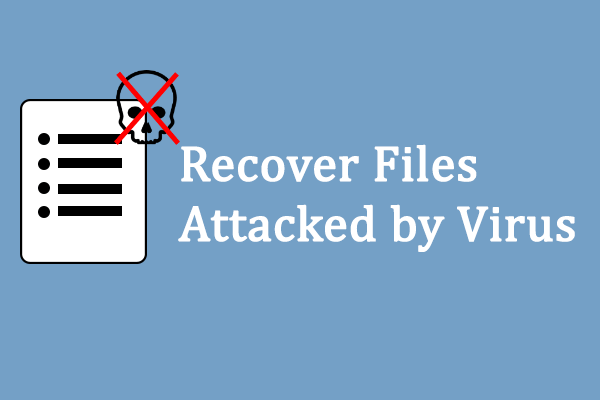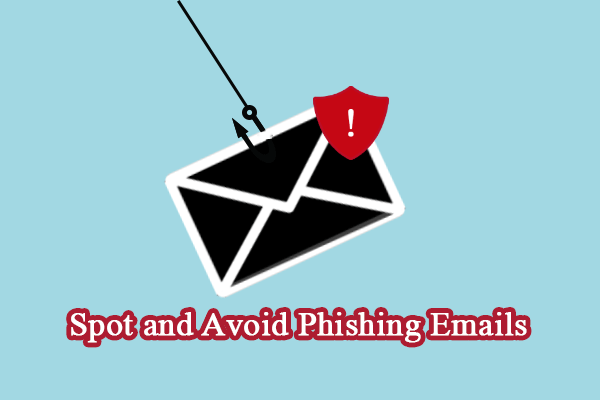What Are Fake Virus Alerts
A fake virus alert appears on your computer screen to warn you that your computer has detected malicious attacks or other malware threats. This kind of popup window performs and functions like a real antivirus software. However, once you click on the button in the window, your computer will be infected by viruses or download malware automatically, leading to file loss or privacy leaks.
MiniTool Power Data Recovery FreeClick to Download100%Clean & Safe
How to Spot Fake Virus Alerts
In order to avoid being tracked by fake virus alerts, it is essential to learn how to discern those virus alerts from the real ones. Basically, do not click on any button when you get a pop-up virus window. After that, you can identify whether this virus alert window has the following signs:
- Come from a not-installed virus software: If your computer has installed a third-party antivirus software, you should ensure the virus alert window comes from the antivirus program you have installed.
- Mis-matched URL: Hackers usually use a web address that is similar to the legitimate site. Before clicking any button, check if the URL has any wrong spelling or check the official website to get a trusted link.
- Require urgent action: As scammers often hope you take quick action, they are likely to exaggerate the current situation to create a sense of panic. If you notice sentences like “Immediate action required”, keep calm and distinguish whether the notification window is trustworthy.
- Ask for payment or privacy information: Legitimate companies don’t ask for your personal information such as passwords, credit card information, etc. In some cases, you are asked to pay for the software download, keep alert! Do not give your individual information easily.
- Wrong language use: Official virus alerts are well-organized and grammatically correct in general. However, fake virus alters usually contain improper words and make mistakes in grammar.
The above basic tips help you to identify fake virus alerts. You should check the alert information carefully before clicking any button or link.
How to Remove a Fake Virus Alert
When a fake virus alert prompts on your screen, you need to close the pop-up window and ignore its information. However, if you have clicked a link provided by the fake virus link, you should take a full and deep scan of your computer to check if there are any malware downloaded.
You can choose Windows Defender to perform a virus scan or use other professional software, like MiniTool System Booster. This versatile utility can not only speed up the computer’s performance but also enhance the PC security. Get this tool to detect and repair the security flaws on your system.
MiniTool System Booster TrialClick to Download100%Clean & Safe
You can read this post to get specific information about how to enhance the PC security.
After getting rid of the current prompted window, you should take measures to stop fake virus alert notifications, including regularly performing virus scans, disabling browsers’ popup notifications, keeping the device up to date, and more.
Final Words
After reading this post, you should know what fake virus alerts are and how to identify them. Be careful when you get such a prompt window. Additionally, you are highly suggested to obtain some professional software to protect your computer security.

